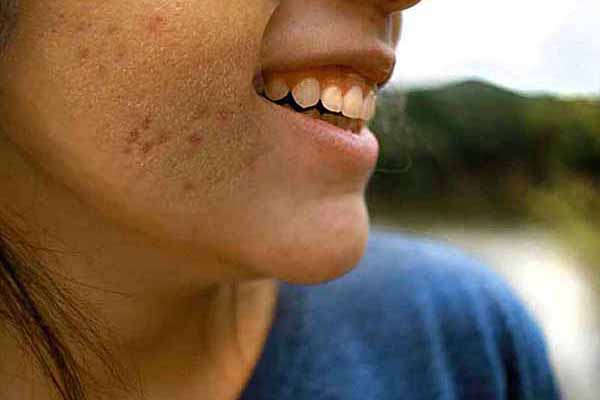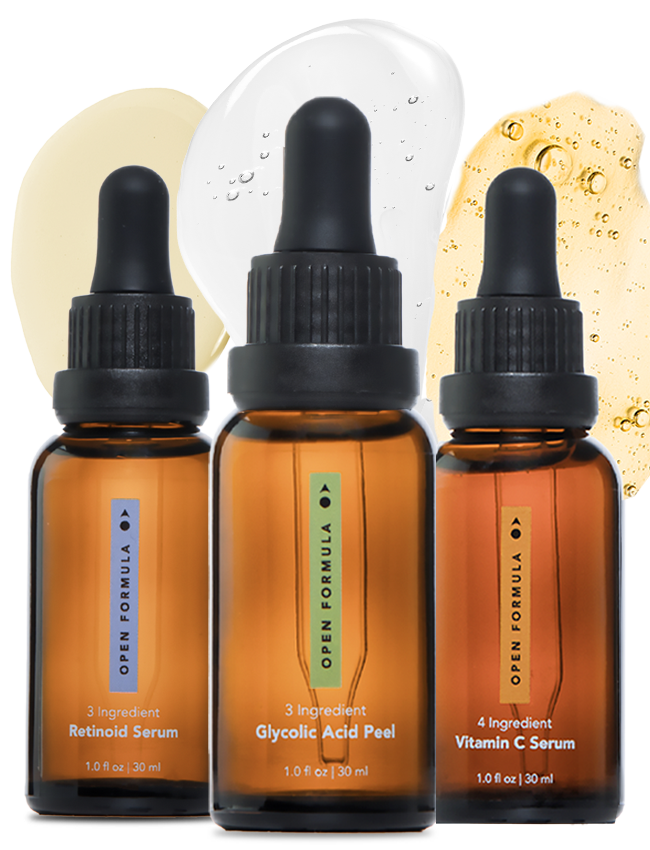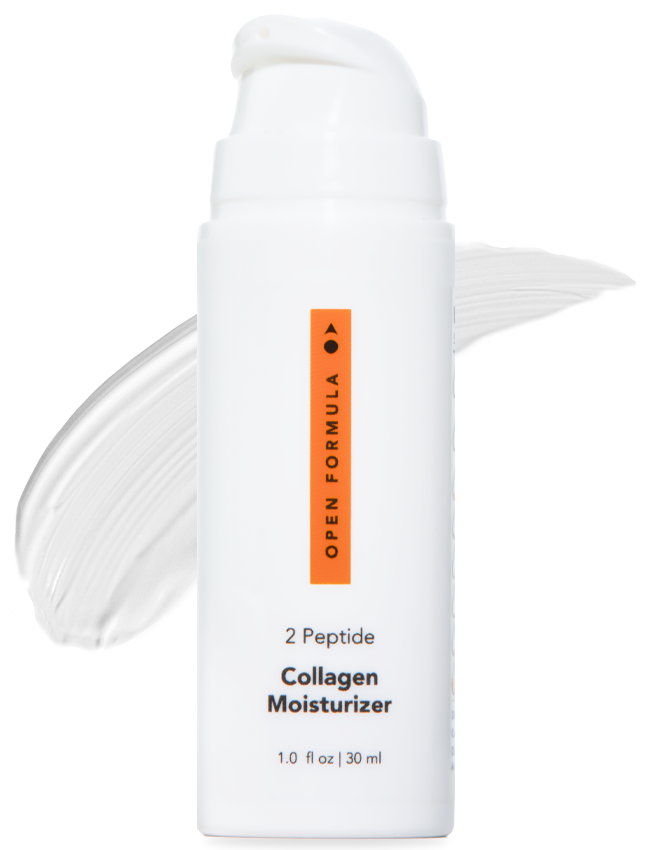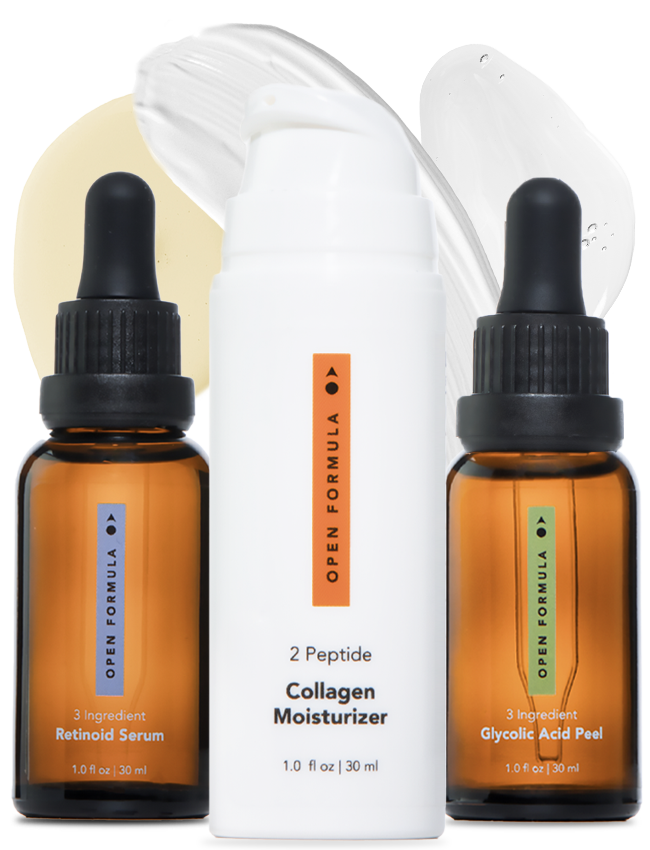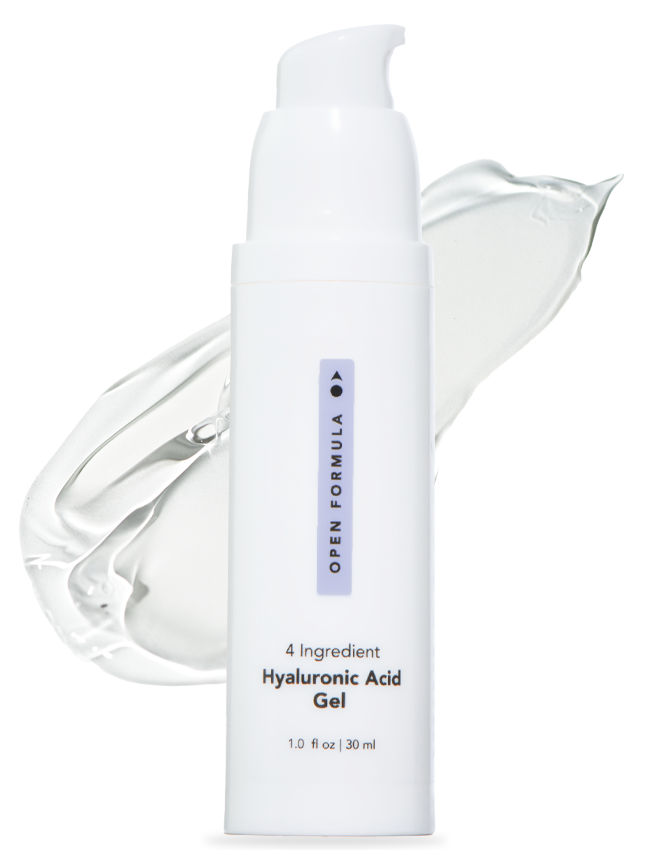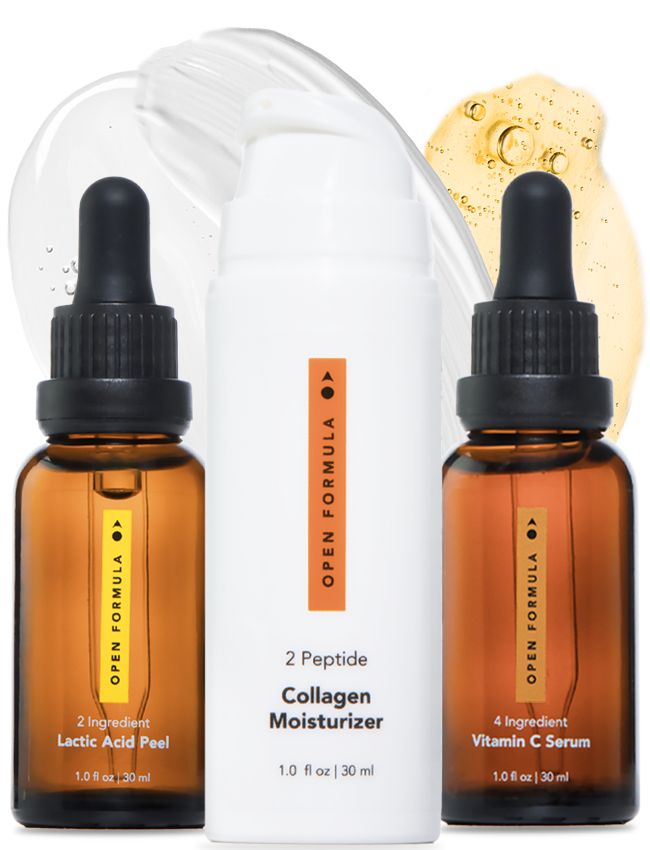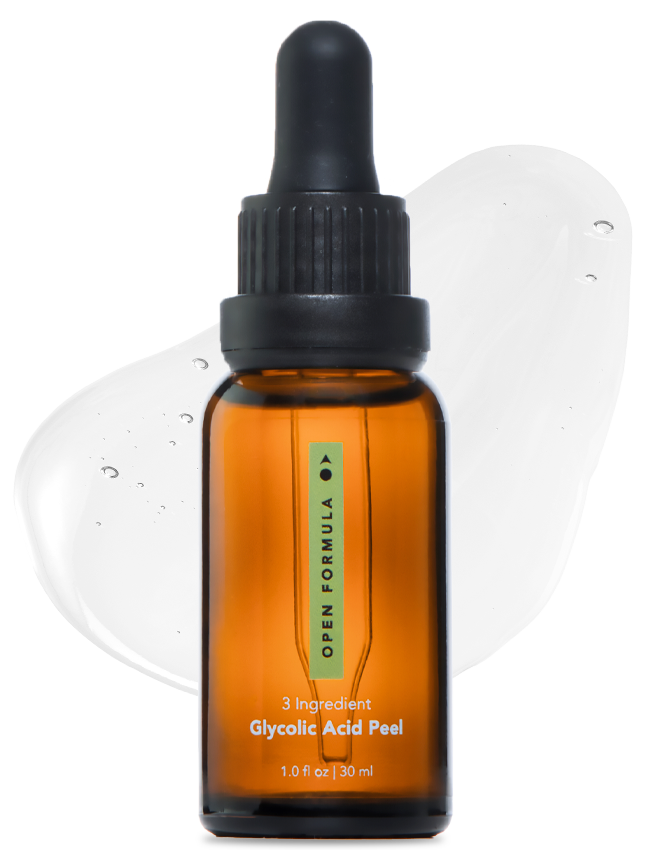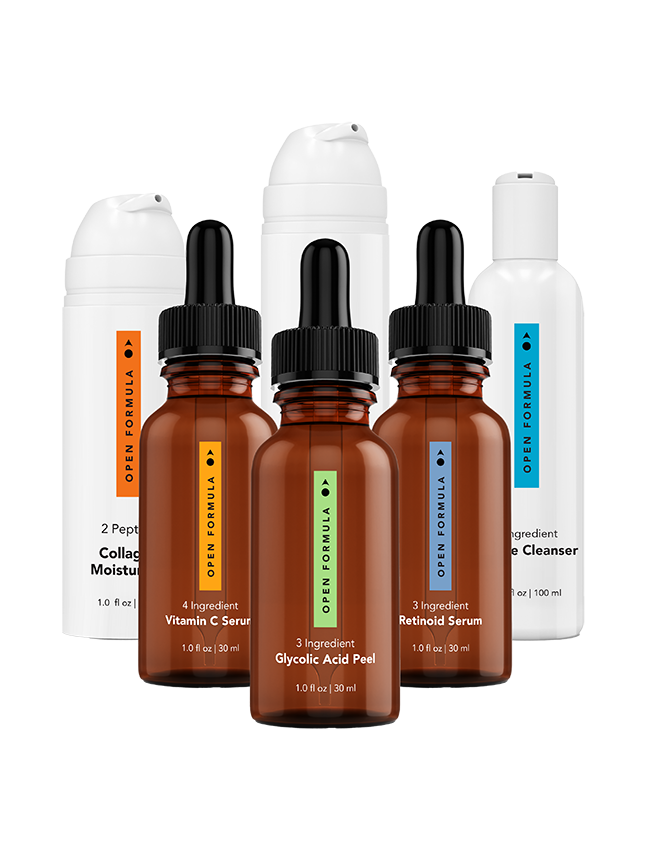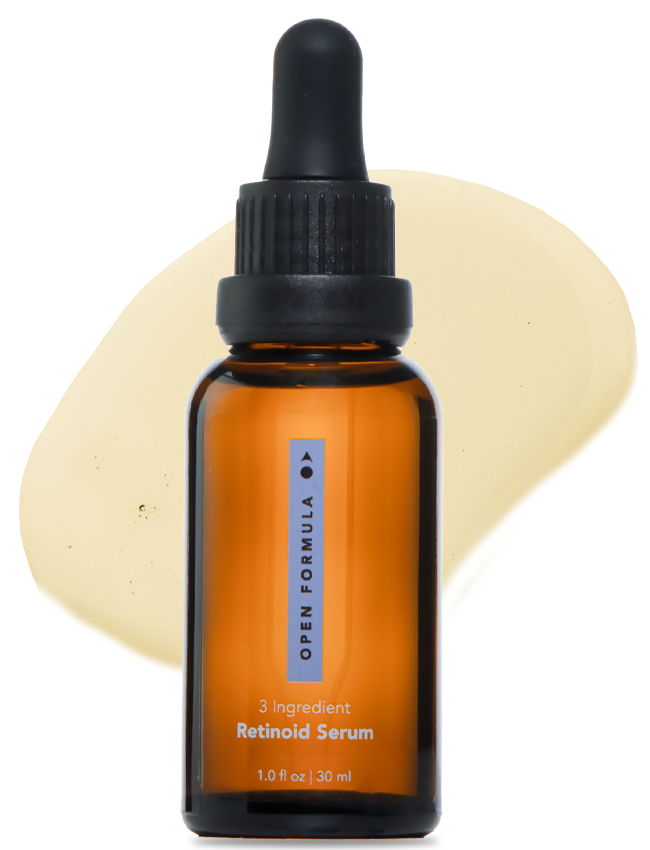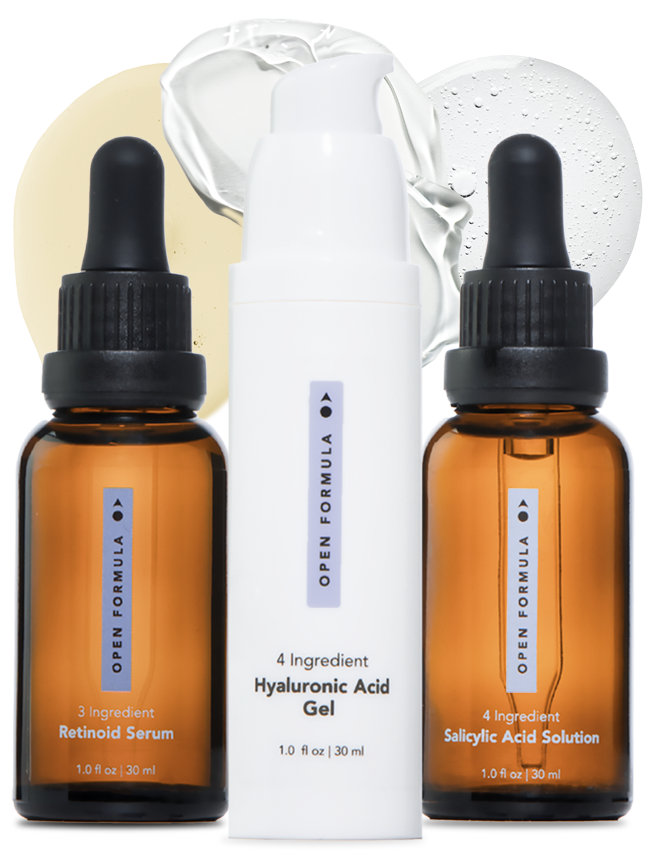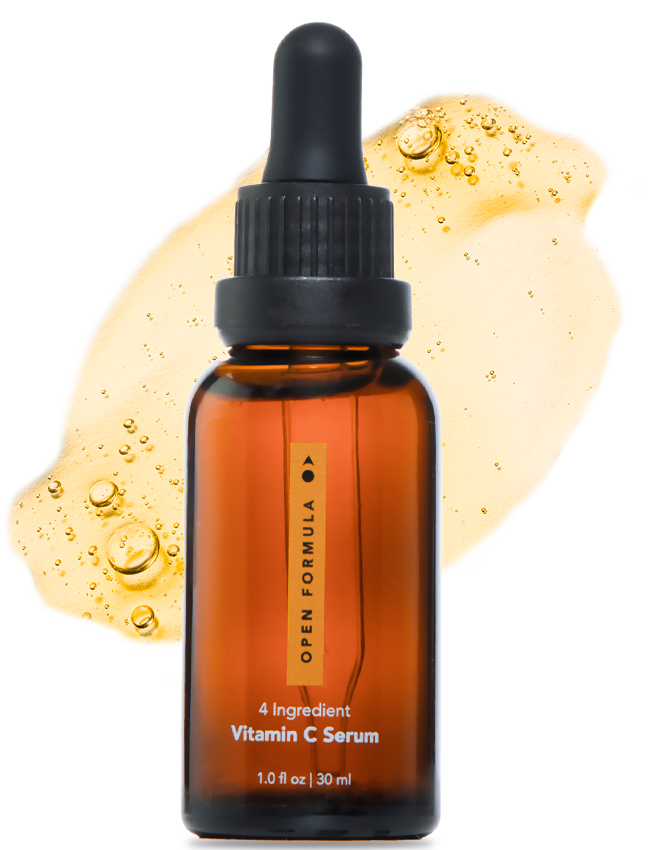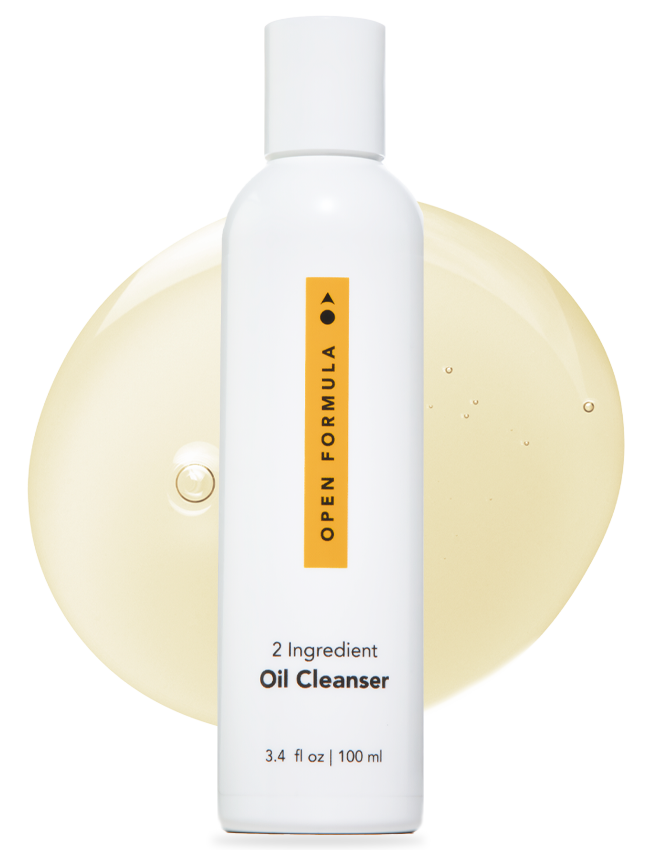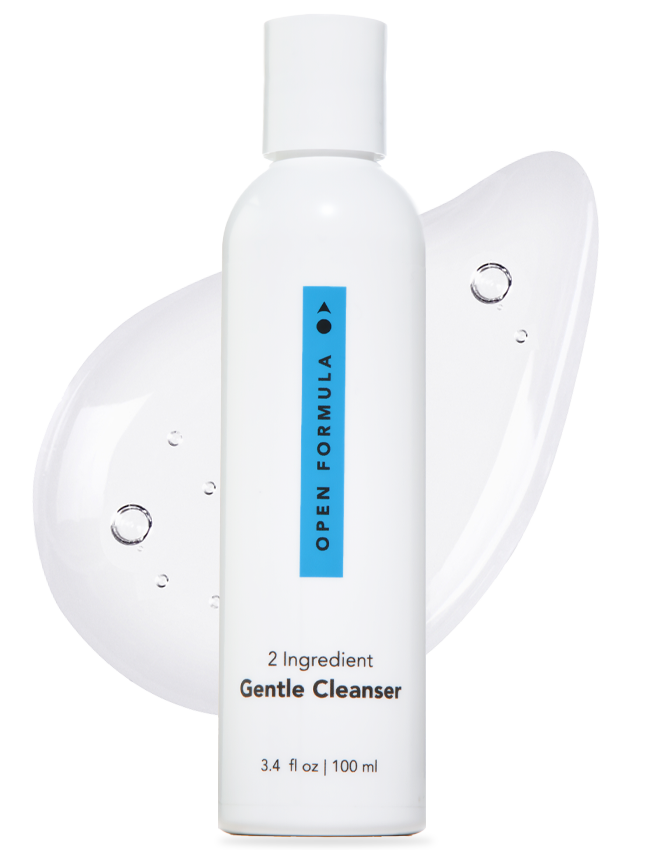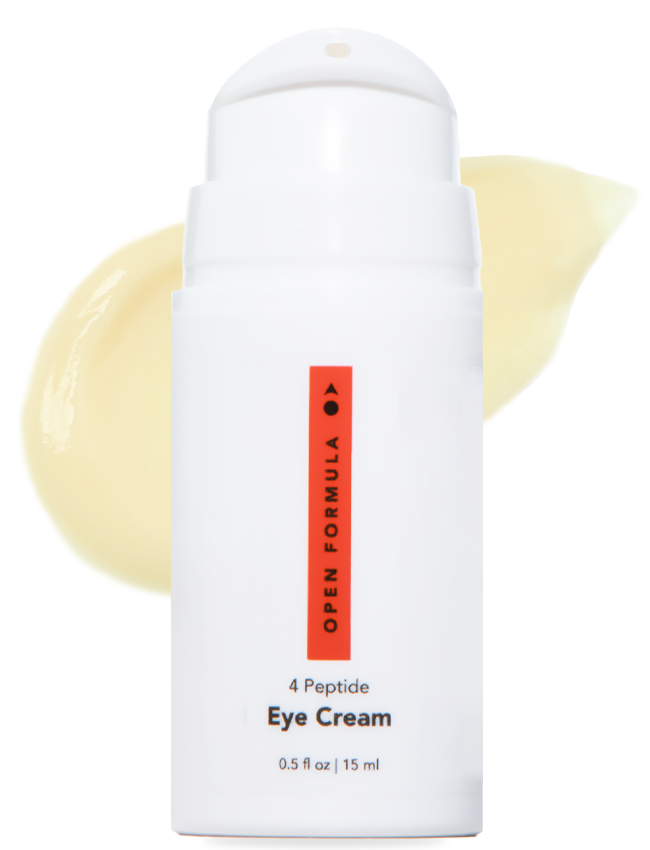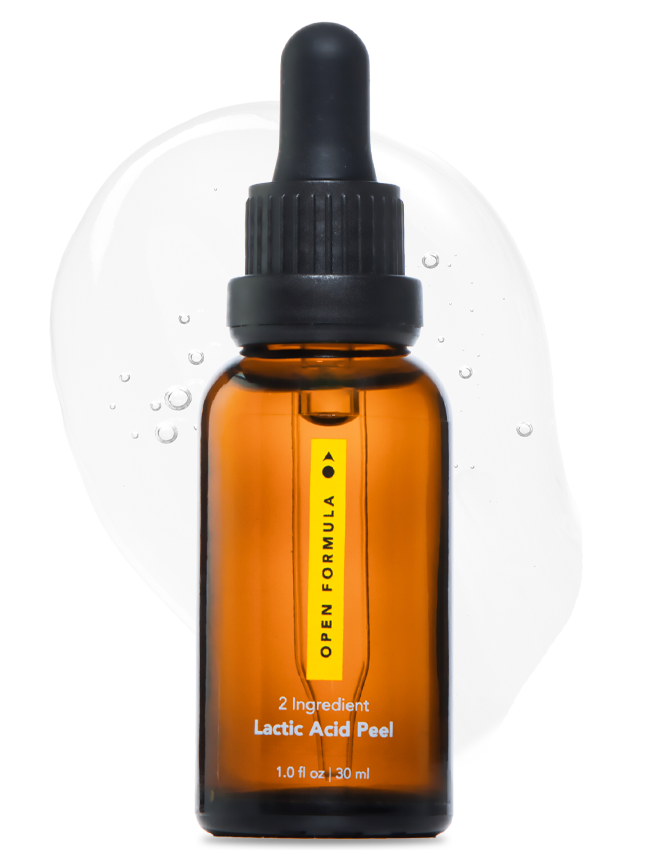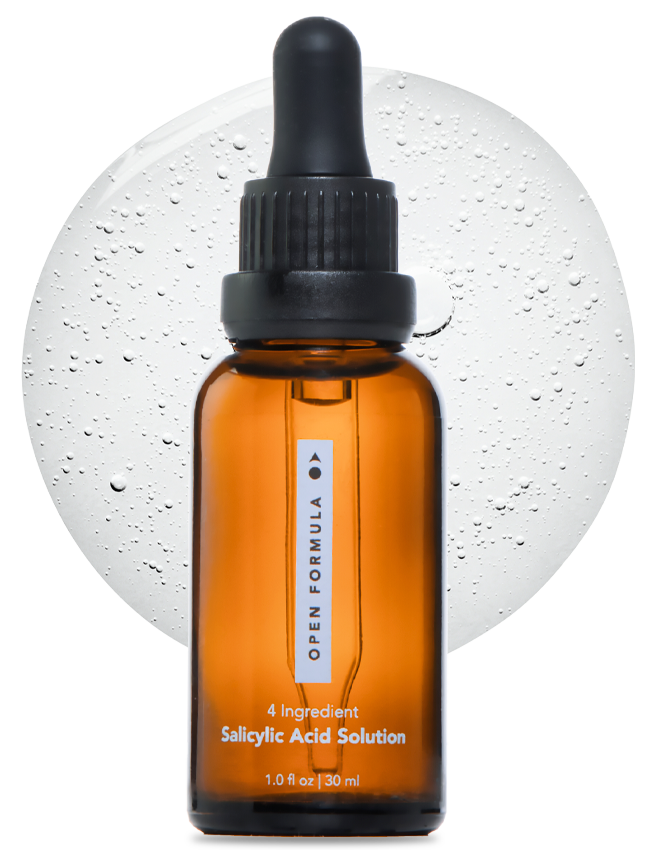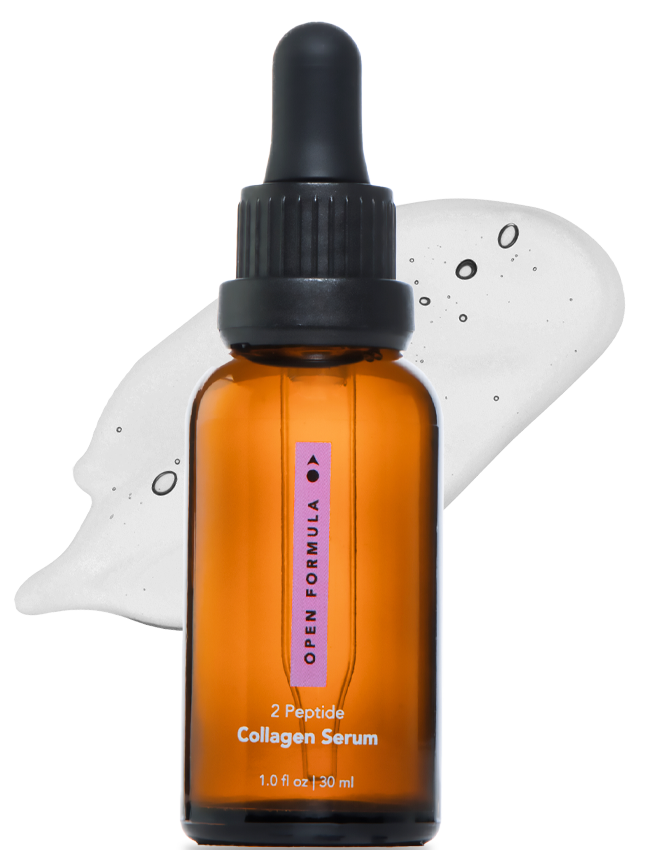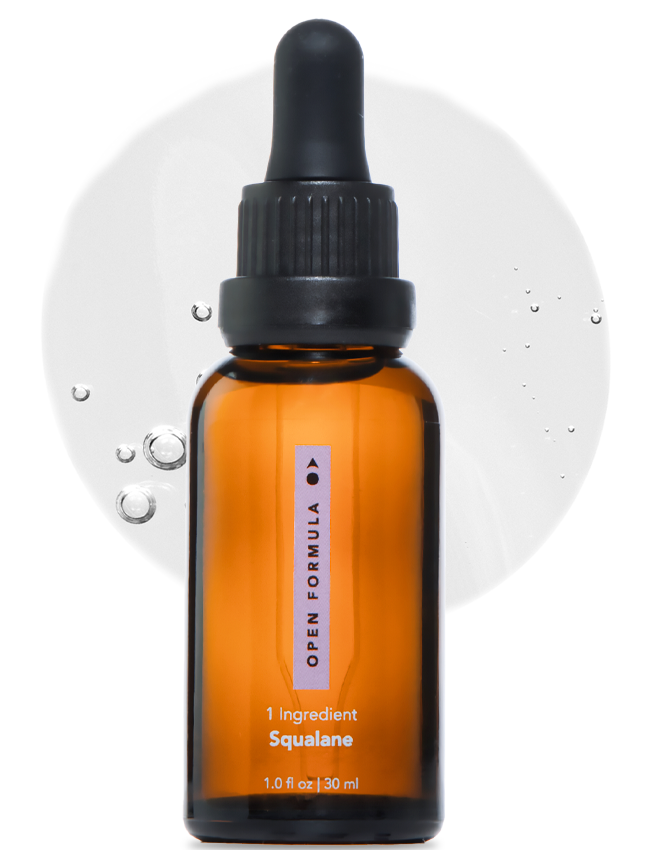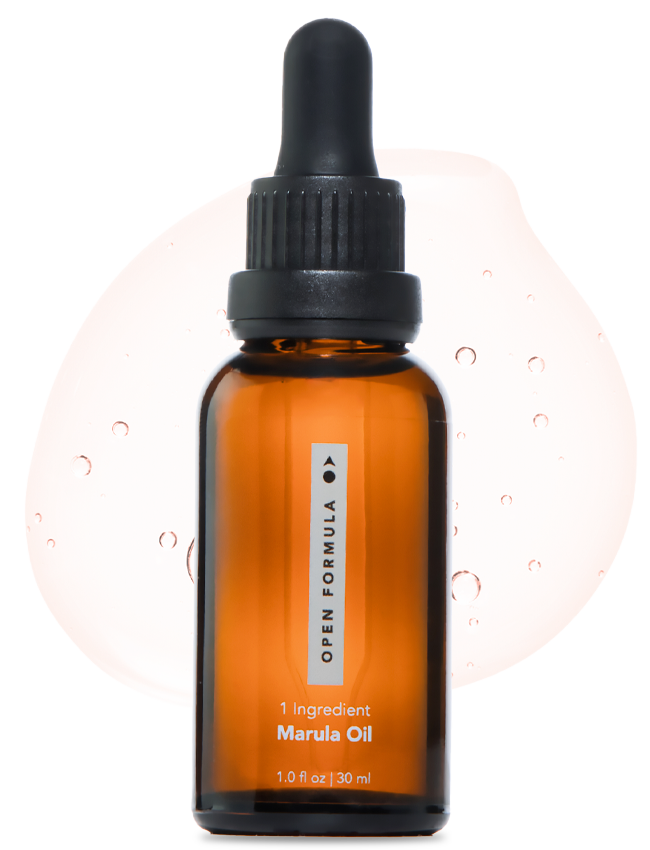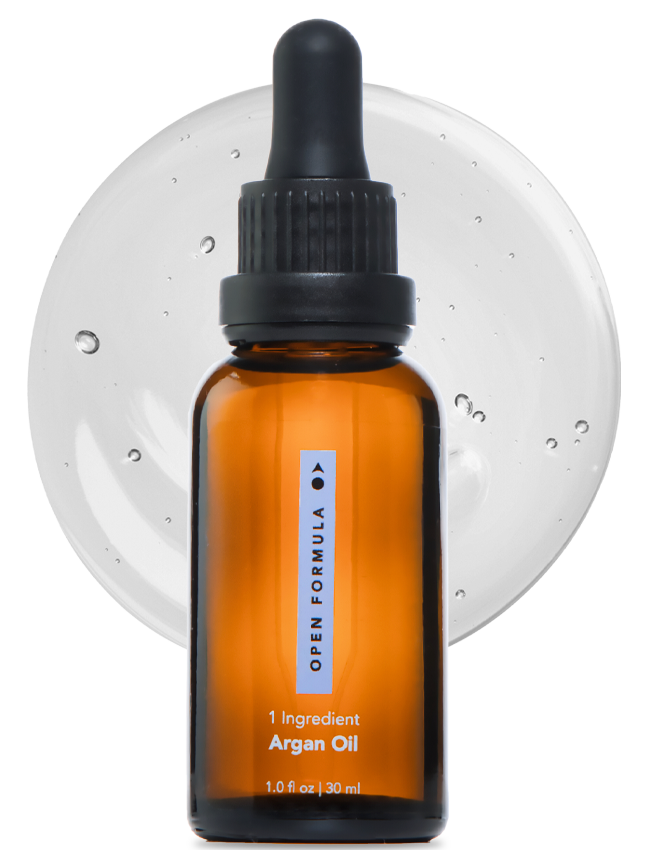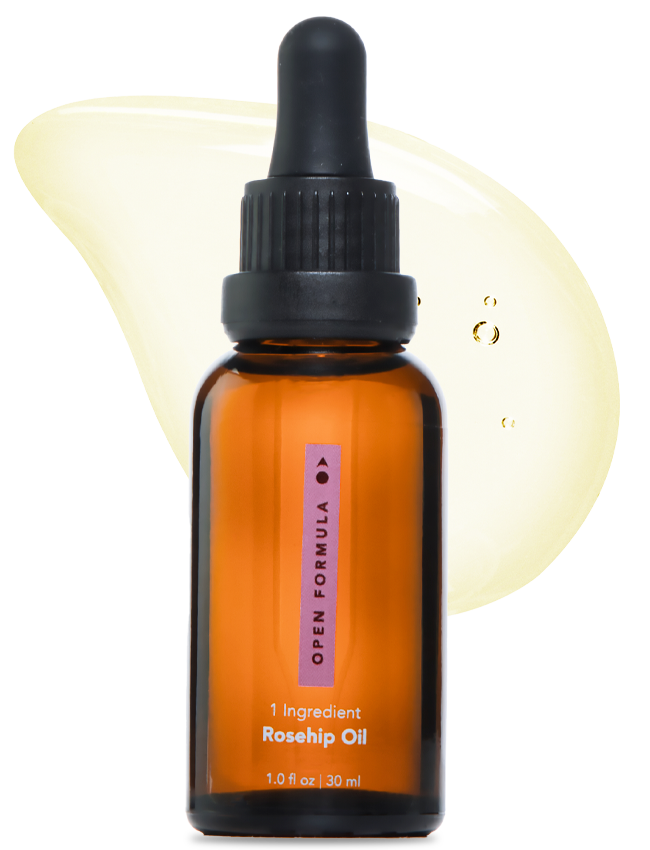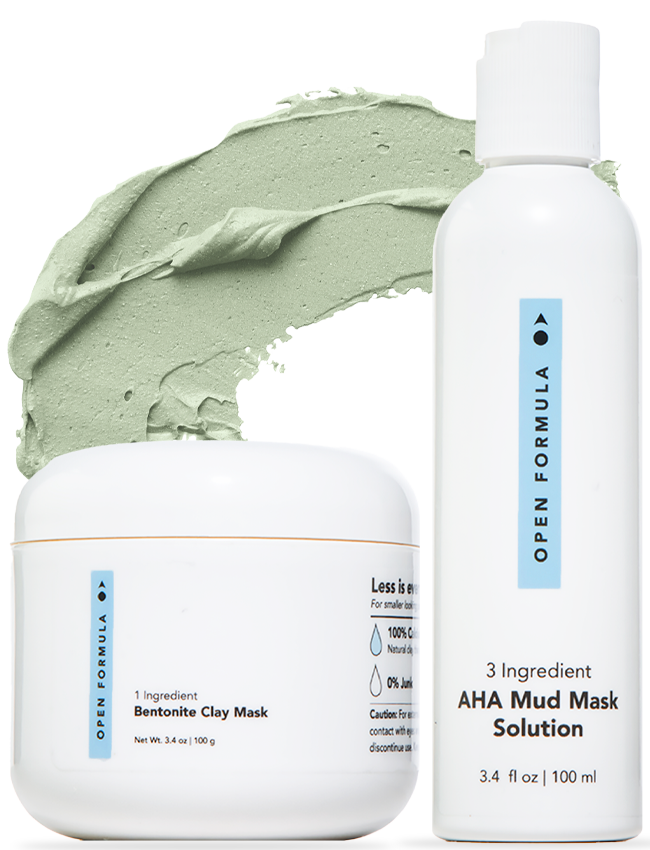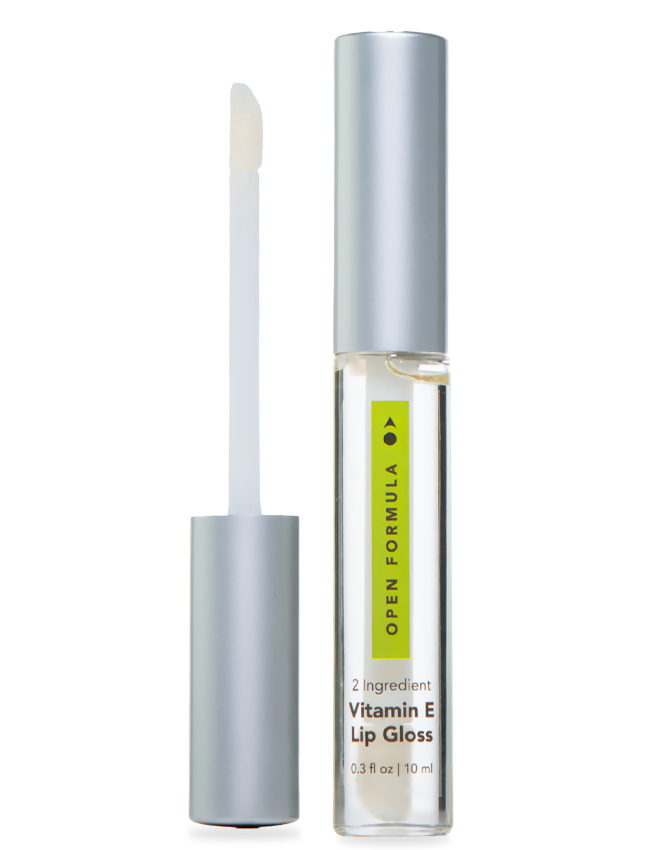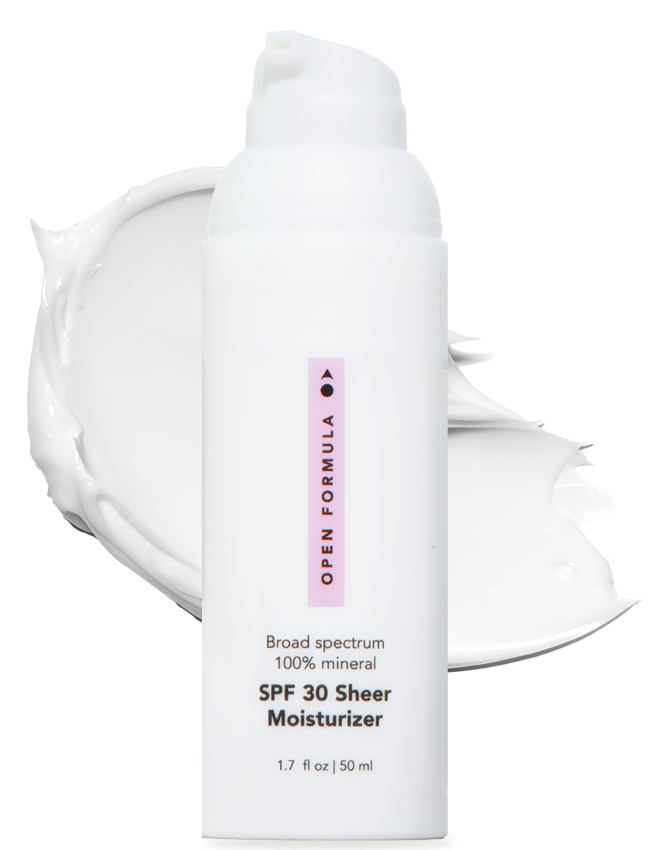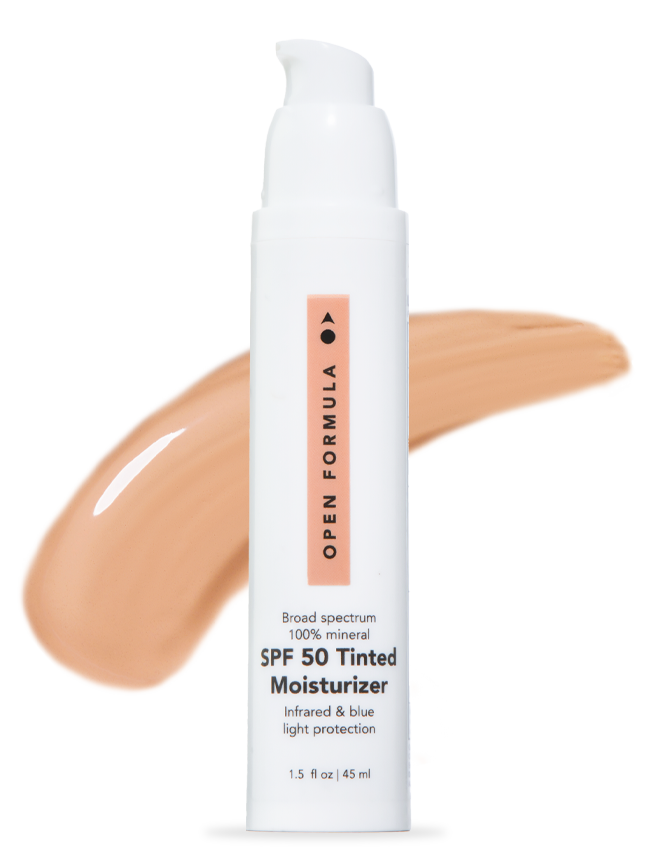Acne scars can be stubborn. But with the right tools, we can be more stubborn. Learn what makes them tick and find out 5 ways to get rid of acne scars.
If you have acne scarring, you’ve probably read a bunch of stuff and tried a bunch of stuff already. But you’re still looking. So here are a few more tips and answers to help you clear away those stubborn scars.
Skin Renewal
Your skin regenerates itself every 28 days when you’re young. This slows down a bit with time. But it still regenerates fast. Even with the renewal process, if your acne scars are there month after month, that means your skin still can’t get rid of them by itself. Here’s some help.
Acne scarring - 2 types
Physical scarring - looks like holes, marks, stuff you can feel
Pigment scarring - discoloration
1. Stop Making Scarring Worse
Before we get rid of acne scars, which will take some time, we need to know how to stop making them look worse, right now. There’s this myth that the sun makes your acne better… Totally wrong - it makes it much worse in the long-term.
2. Sun Exposure is the Enemy
The sun makes your skin produce more oil. A study showed that within 4 days of sun exposure, oil production explodes. In a 2003 study, researchers found that the cells that release oil onto your skin increased in number by 120% to 140% within 4 days of spending time in direct sunlight.
The sun also makes these acne scars darker. After sun exposure, they just pop, becoming more visible on your skin. The only way to protect against the sun is daily use of SPF. Super important! Most skin damage and problems come from sun exposure.
3. Options to Get Rid of Physical Acne Scarring
Exfoliation (focus on chemical exfoliation)
Chemical exfoliants remove all the dead skin on your face. Leaving that baby soft skin on the surface.
Which Chemical Acids for Exfoliating?
There are two popular alpha hydroxy acids, glycolic and lactic acid. A strong concentration of these two acids equals 10% or up. But depending on how sensitive your skin is, you can start with a lower percentage. Then there is beta hydroxy acid (BHA), also called salicylic acid. Consider using it at a concentration of 0.5 to 2.0%. All of these acids have a transformative effect on your skin.
Pro tip. Don’t just apply on your face and let it sit. Put the product on a cotton round and rub it on your face for 30-60 seconds.
Exfoliating Masks
Exfoliating masks are fantastic. And highly recommended is a clay mask made with calcium bentonite clay. It’s an absorbent type of clay that just sucks out the dirt, gunk, and oil from your skin. AND, when you combine the calcium bentonite clay mask with an acid-based solution that also exfoliates, this becomes heaven for your skin. And hell for acne scars.
Another Option -- Retinoids
Retinoids are the most studied skincare ingredient type. Retinoids are proven to reverse damage to the skin. They play a role in the skin cell turnover process and in collagen production. So they can be a major help with acne scarring. You can choose from old-school retinol, which is super effective, but comes with irritation. If you go with retinol, start with 0.5% or lower concentration. Use it 1-3x a week in the evening and build up to using it more often. Eventually, you can increase to a 1% retinol concentration.
Pro tip here: You can try some of the newer forms - like Granactive Retinoid - those come with the benefits of retinol and without the irritation.
4. Options for Getting Rid of Pigmentation
Good news. The acids and retinoids also help some with pigmentation.
Other Brightening Agents
Hydroquinone - It’s a powerful ingredient for brightening the skin. Hydroquinone gives dramatic results. But it has drawbacks. It’s illegal in many countries, can cause severe skin redness, burning, or stinging; dryness, cracking, or bleeding; blisters and oozing; not to mention, blue or black discoloration of the skin. If you decide to use hydroquinone, do it at your own risk. Always use it as a spot treatment and always along with SPF.
Vitamin C - It’s the main ingredient for brightening skin, and it’s as safe as they come. Bonus, vitamin C also has great anti-aging benefits. There are different types of vitamin C on the market. The best type to use is the basic, natural form called L-ascorbic acid. Choose a concentration above 10%. If you’re using water-based serum go to a 20% concentration. Vitamin C is much more safe and highly beneficial.
5. Professional Procedures
If you are feeling adventurous, you can always try some of the procedures at a medical spa or a dermatology office. A good start is with dermaplaning. Dermaplaning is basically a super strong exfoliation done with a blade. Yes, a blade !! But don’t worry about it, in the hands of a pro - it is completely safe. Dermaplaning basically takes multiple layers of skin off your face.
Takeaway
No matter how long you’ve been trying to get rid of your acne scars, there are always options. It’s recommended to start with the cosmetic products first, like acid exfoliators. Then depending on the results moving to stronger products or professional procedures. Try out a few of these 5 tips for getting rid of acne scars, and always be patient. The results on your skin will tell you when and what to try next.
Continue learning how to care for your acne prone skin with this article covering which SPF is best.

